The Language Line And The Incident
What is the Language Line?
Language Line is a private service that many PSAPs (Public Safety Answering Points), or dispatch centers, utilize. In the 911 environment, it is a linguist that can identify the language of the caller and translate between the dispatcher and caller when there is a language barrier.
This information can then be accurately relayed to responders giving them a better understanding of who they will be servicing, and what they were dispatched for.
In the Field
The United States becomes a larger melting pot everyday. There may be callers who are visiting from another country or residents who English is their second language. As far as ambulance calls go, some units carry a cheat sheet or reference card for non-English languages that are prevalent in their area. These cards usually include pictures of body parts, pain ratings and basic medical information.
But what happens when you have a fire call and you are unable to communicate with the responsible party?
You could have a dwelling fire with occupants trapped and due to a language barrier you are unable to tell your crews where the victim is located. If a business owner was unable to grab Material Safety Data Sheets (MSDS) before evacuation they may need to warn responders verbally of the hazards inside.
How is it Used?
If the call taker is still on the line with the caller, they should have obtained most of the information from the caller that would benefit responders. While the caller is with you, ask or tell dispatch/the translator what needs to be said and then give the phone to the caller so the translator can repeat the message to them. If the caller is no longer on the line and you arrive and need assistance, you should be able to contact your dispatch center via telephone and have them connect you to language line.
In either of these circumstances you will then play a little “pass the telephone”. It is very important that you speak to the language line just as you were speaking to the caller. An example would be, “How old is the trapped person?” not, “Ask them how old the trapped person is.”
It is important to know what ethnicities make up your area so you can be better prepared to use the resources available to you. When you call the language line, they will ask what language you need. If you are not sure, make your best guess and they will bring different interpreters on the line until they can figure out the correct language.
Because language translation services are private, you will most likely need to go through your dispatch center to use the service. Generally, an account number or client ID is needed to process the call.
If your department does not have an account with a service like this, you may need to think outside the box. You could use officers or dispatchers that speak different languages and it may even be as simple as asking for a family member or friend on scene to translate for you. Translation services are not only necessary for the dispatcher to get the appropriate assignment sent, but can also help in giving responders the information to do their job properly.
Familiarize yourself with your dispatch center’s policies and resources for these types of calls to be better prepared for calls with a language barrier.

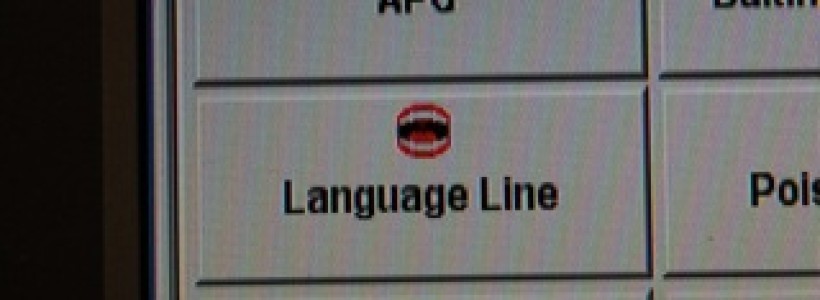
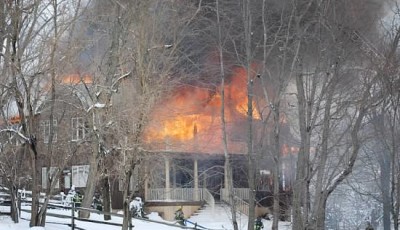
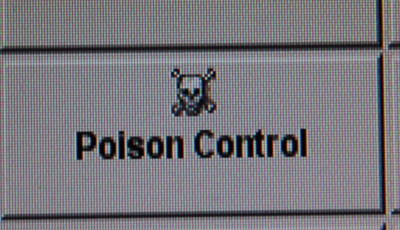
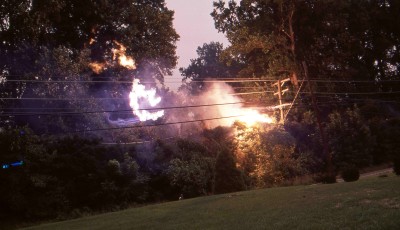
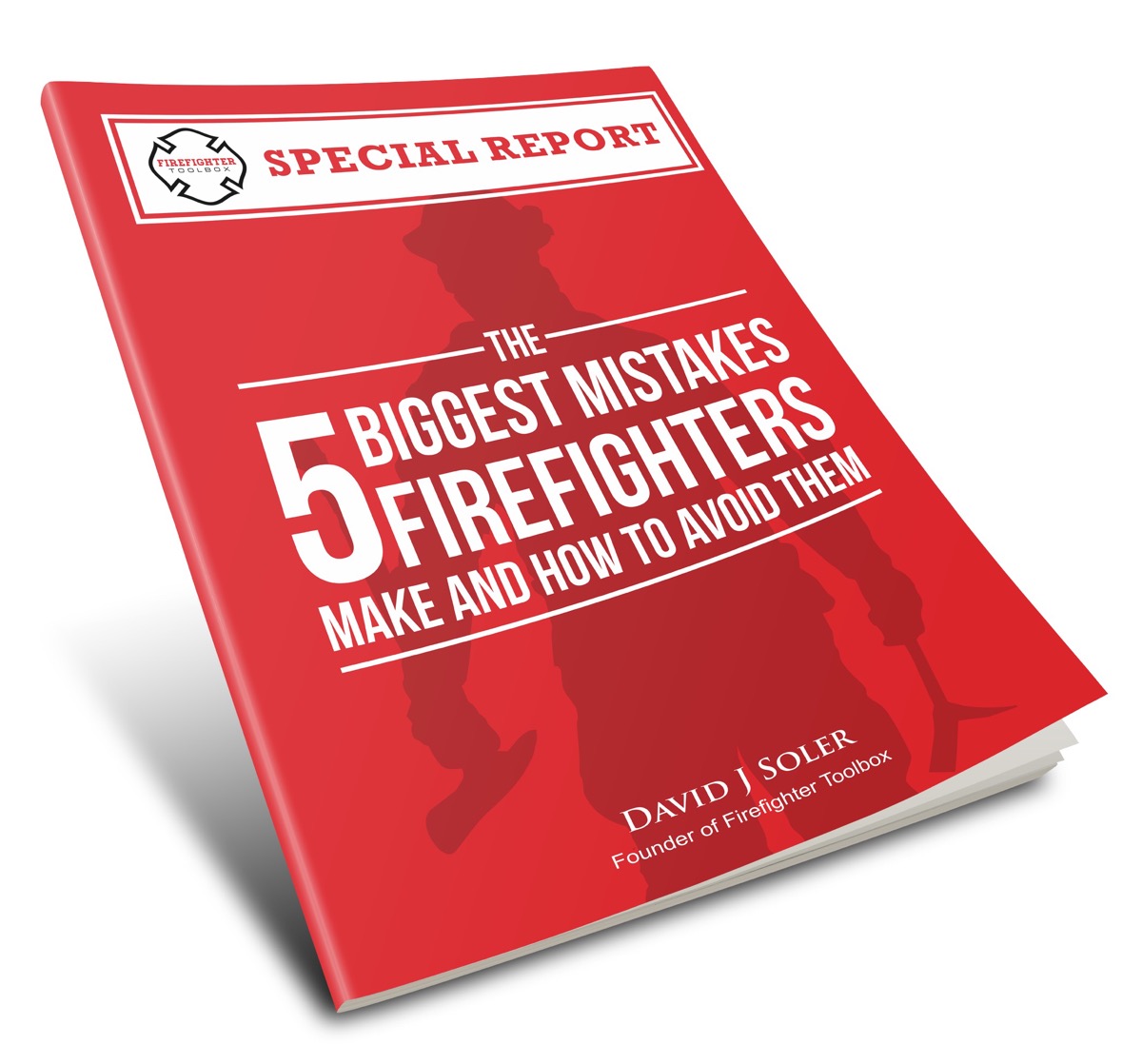



A language barrier used to be something that only Metropolitan Departments dealt with. Now, like stated in the article, the US is changing everyday and we are starting to see this obstacle in even a rual setting.
Although it may not happen often, when a language barrier occurs it can really hinder the operations or capability of giving the best service possible. This is great resource to have available to Public Safety Agencies! Great Article!
Thank you for your response Brian! You’re right, many rural department may have thought initially that this was an obstacle they wouldn’t need to face. Resources like this help the dispatcher and the firefighter, so its important to get the word out that not only do services like this exist, but how you can use it on your incident. Thanks for stopping by!